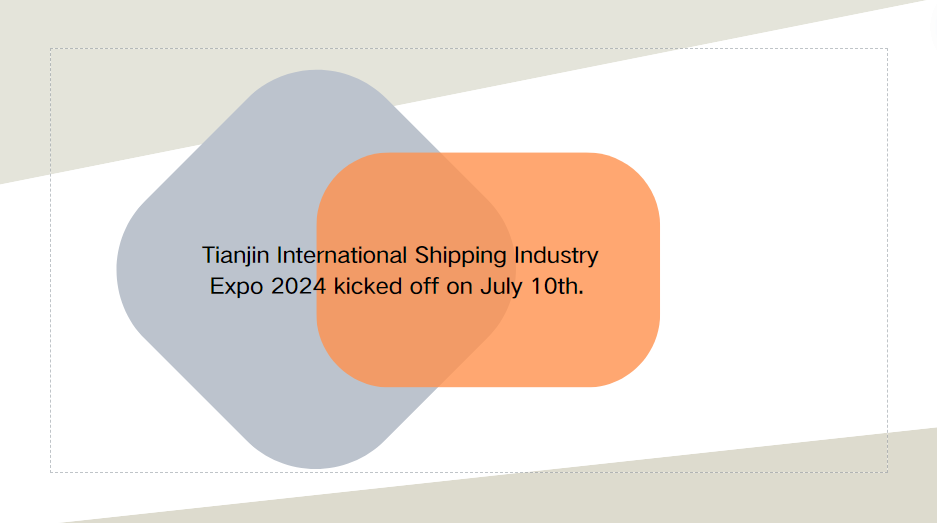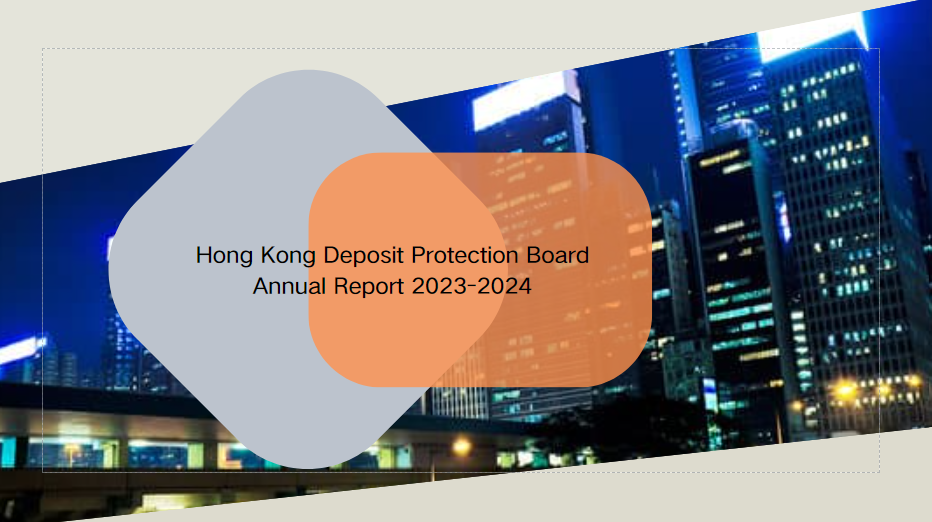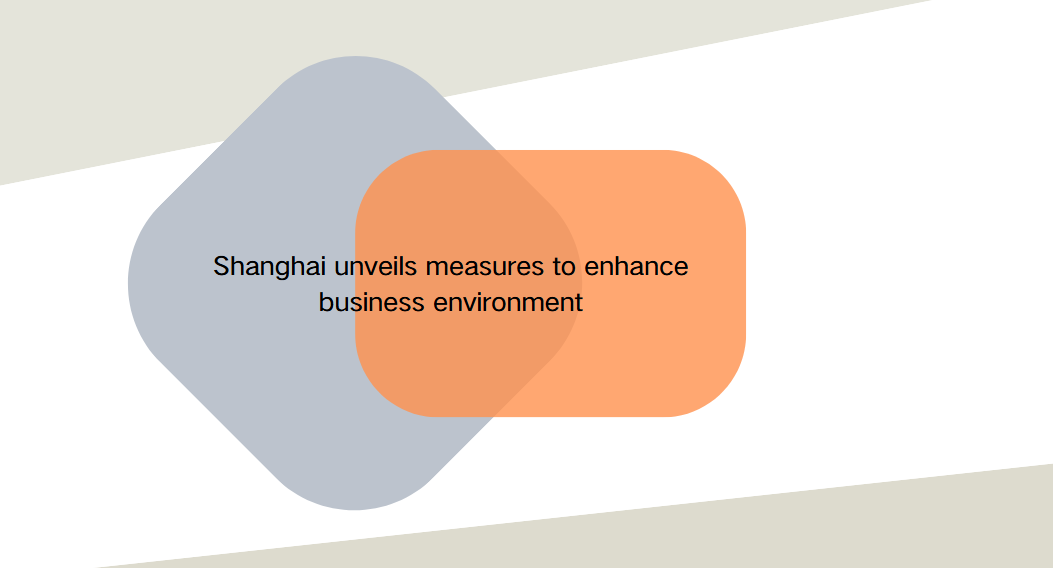Michael S Barr: Financial inclusion - past, present, and hopes for the future
Speech by Mr Michael S Barr, Vice Chair for Supervision of the Board of Governors of the Federal Reserve System, at the Financial Inclusion Practices and Innovations Conference, organised by the Board of Governors of the Federal Reserve System, Washington DC, 9 July 2024.
The views expressed in this speech are those of the speaker and not the view of UDF Space.
PDF full text
Thank you, Art, and let me say how excited I am to be a part of the Federal Reserve Board's inaugural conference on financial inclusion and innovation.Financial inclusion is central to the Federal Reserve's mission of promoting a strong and stable financial system and a healthy economy that works for everyone. This event brings together academics, practitioners, and thought leaders to discuss how financial products and practices are evolving to better meet the needs of individuals and businesses historically underserved by the financial system.
I have spent much of my career in the public sector and academia working on topics related to financial inclusion. I've found that projects that bring together public, private, academic, and nonprofit perspectives are often the most productive, since we all approach the issue differently and can learn from each other's perspectives. Forums like these provide good opportunities to form connections and spark collaboration.
Looking over the past few decades, significant progress has been made in improving financial inclusion, including progress on many of the issues that will be discussed at this conference. And yet we still have further to go. Continued support for responsible innovation in this space is needed and can benefit from engagement across industry, academia, and regulators. This morning, I will touch on how approaches to financial inclusion have evolved, where things stand today, and how we can continue progress toward a more inclusive financial system.
Advancing the Goals of Financial Inclusion
The goal of financial inclusion is to improve access to affordable financial services that meet the needs of individuals and businesses. Banking the unbanked is part of that, but we also need to make sure that both bank and nonbank products and services are designed to meet the financial service needs of low- and moderate-income households. And we need strong consumer protections to guard against abuse.
Banks are playing a pivotal role in innovating to serve low- and moderate-income households, sometimes in partnership with financial technology companies, or fintechs. For example, we have seen a growing number of banks offering small-dollar loans, expanding use of alternative data to underwrite and price their credit products, and investing in tools to help better understand consumers' financial health. When adopted in a responsible and well-managed manner—with systems, processes, and policies in place to monitor and manage related risks—these innovations can broaden access to fair, affordable, and transparent bank-provided credit. This in turn can create financial resilience among small businesses and help individuals and families become homeowners, build wealth, and become financially empowered.






















































First, please LoginComment After ~